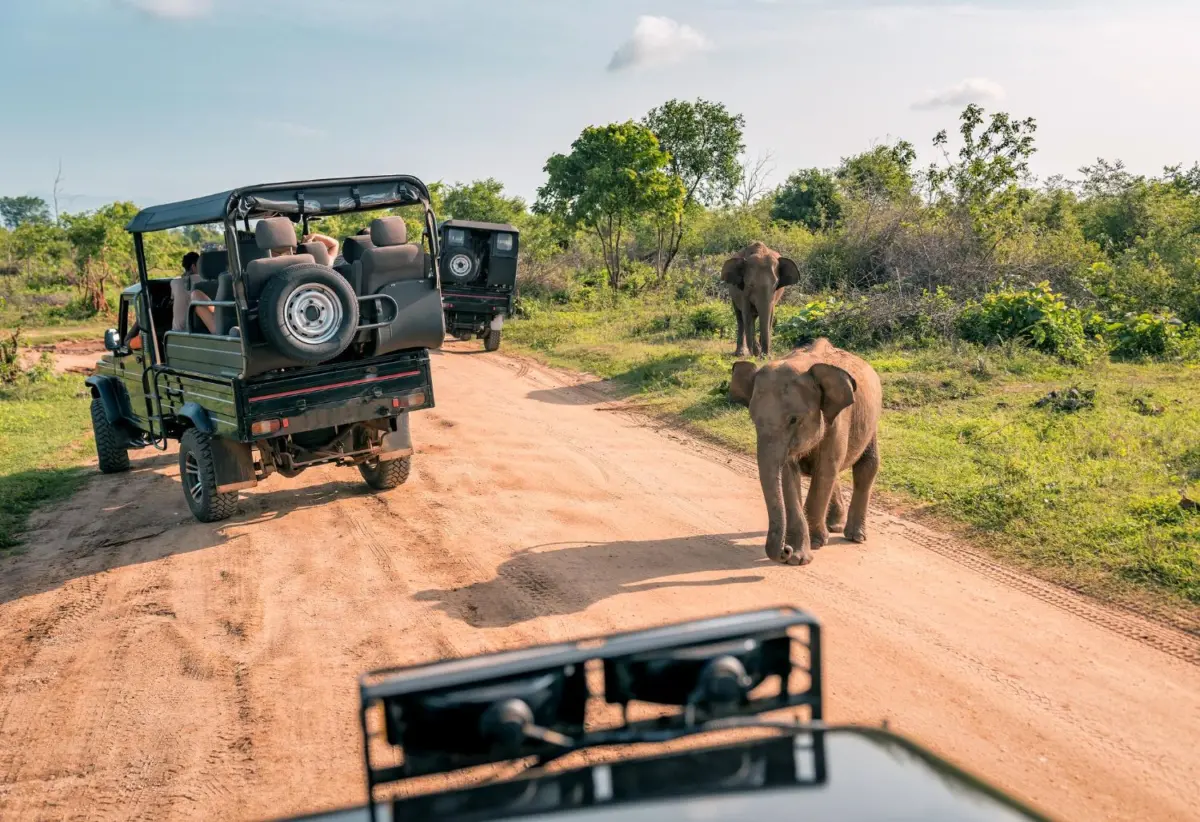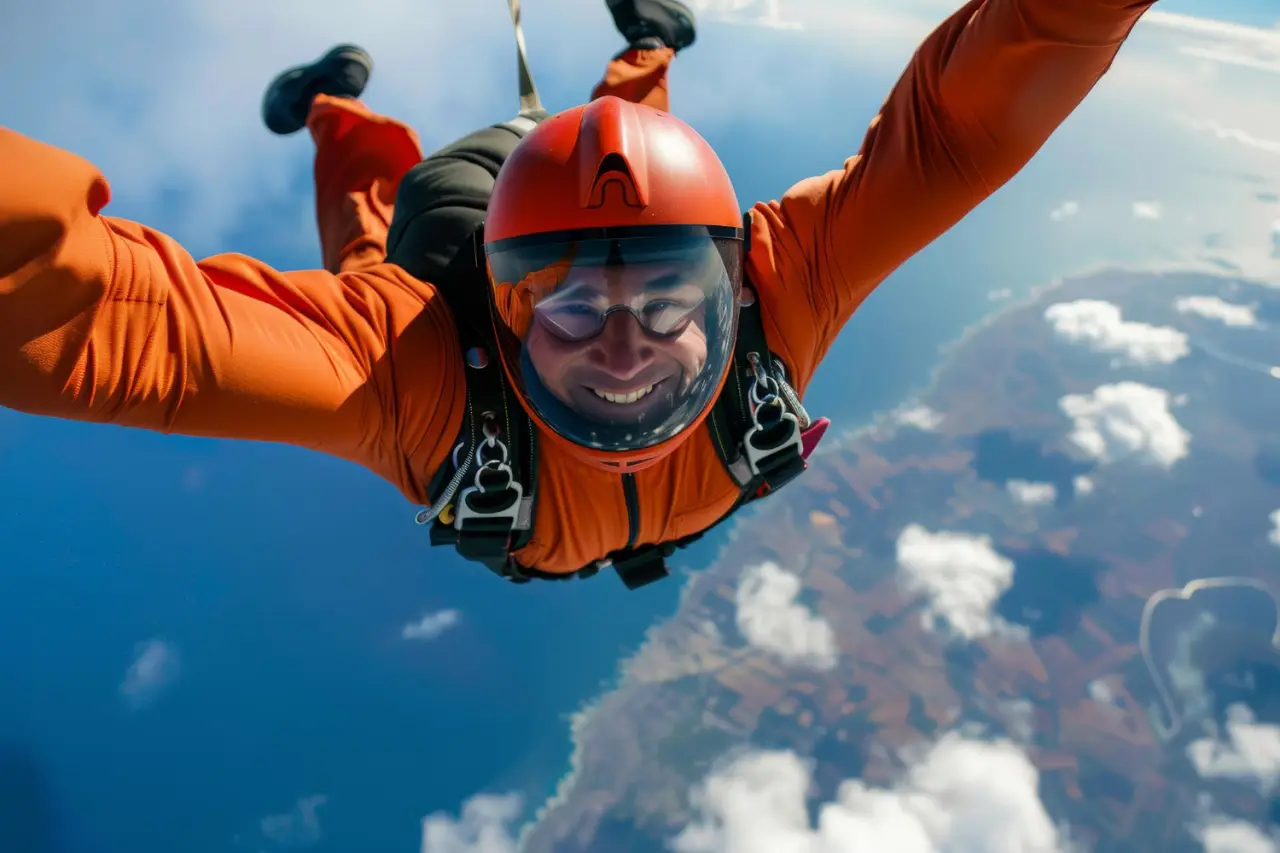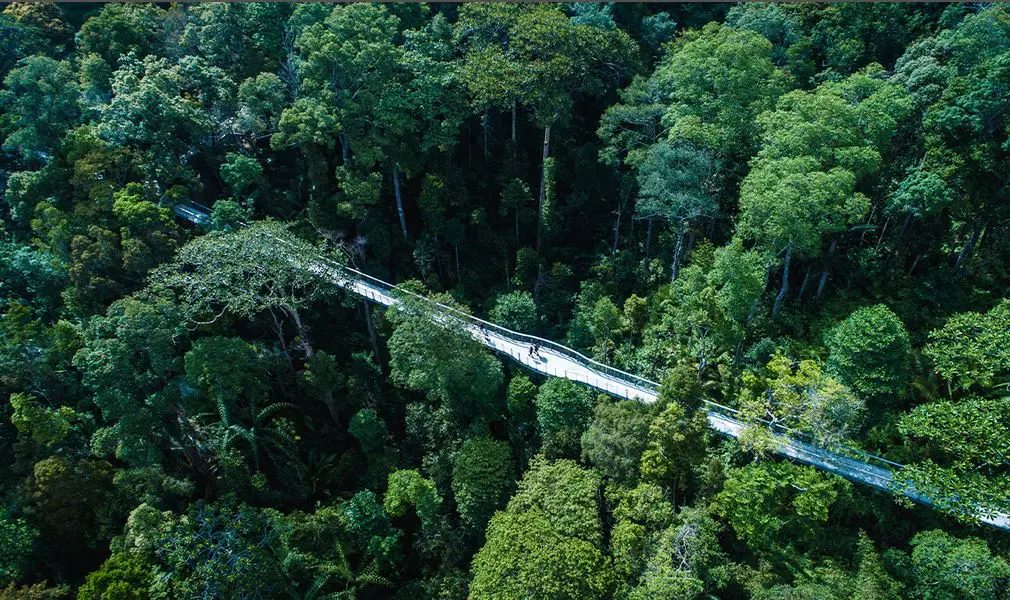Adventure Travel
What is Adventure Travel?
Adventure travel is a type of tourism that involves exploring or traveling to remote or exotic areas, engaging in physical activity, and experiencing the natural world.
It caters to those seeking not just to visit new places but to immerse themselves in new experiences and challenges. This type of travel often takes participants off the beaten path, to remote and wilderness areas, or to engage in activities that involve a degree of risk managed by specialized guides. Unlike conventional tourism, adventure travel is characterized by its emphasis on active participation, connection with the environment, and learning from local cultures. From trekking in the Himalayas to kayaking through Arctic fjords, adventure travel offers an unparalleled opportunity to explore the world’s most incredible landscapes and cultures in a deeply engaging way.
Characteristics of Adventure Travel
Adventure travel is distinguished by several key characteristics that set it apart from traditional tourism.
Primarily, it involves an element of physical activity and challenge, whether through trekking in rugged terrain, participating in water sports like kayaking and rafting, or engaging in high-adrenaline activities such as zip-lining or rock climbing.
This emphasis on active participation allows travelers to experience destinations in a more immersive and interactive manner, often leading to a greater appreciation of the natural world and the limits of their own physical and mental endurance.
Additionally, adventure travel frequently incorporates outdoor and wilderness experiences, taking participants to remote or unspoiled locations that are typically beyond the scope of more conventional holiday itineraries.
Another defining characteristic of adventure travel is its focus on cultural exchange and environmental sustainability. Many adventure travel experiences are designed to offer travelers an in-depth understanding of the local culture, including traditions, languages, and daily life, through activities like homestays, community projects, and guided tours by local experts.
This approach not only enriches the travel experience but also fosters mutual respect and understanding between visitors and host communities. Furthermore, a significant number of adventure travel operators and experiences prioritize eco-friendly practices and conservation efforts, highlighting the importance of preserving natural habitats and cultural heritage for future generations.
This conscientious aspect of adventure travel appeals to those who are not only seeking thrills but also wish to make a positive impact on the places they visit.
Types of Adventure Travel Activities
Adventure travel activities offer a wide array of experiences, catering to different interests, fitness levels, and desires for exploration. Each type provides unique opportunities for engagement, challenge, and immersion.
Physical Activities
- Hiking and Trekking: These activities range from leisurely walks through scenic landscapes to challenging treks in remote areas. Destinations like the Inca Trail to Machu Picchu or the trek to Everest Base Camp are iconic examples.
- Mountain Biking: Offers the thrill of navigating diverse terrains, from forest trails to mountain passes. Popular destinations include the Alps for their extensive network of routes and Moab, Utah, for its red rock landscapes.
- Kayaking and Canoeing: These water-based activities allow exploration of rivers, lakes, and coastal areas, providing a serene yet physically engaging experience. The fjords of Norway and the Amazon Basin are prime locations for such adventures.
Wildlife Safaris
- African Safaris: Iconic wildlife experiences in countries like Kenya, Tanzania, and Botswana, where travelers can observe the “Big Five” in their natural habitats.
- Whale Watching: From the coasts of Iceland to the waters of the Pacific Northwest, whale watching offers a chance to witness these majestic creatures up close.
- Bird Watching: Destinations like Costa Rica and the Galápagos Islands are hotspots for bird enthusiasts, offering the chance to see rare and exotic species.
Extreme Sports
- Skydiving and Bungee Jumping: For those seeking an adrenaline rush, skydiving over the Palm Jumeirah in Dubai or bungee jumping at the Victoria Falls bridge provide unmatched thrills.
- Scuba Diving: Exploring underwater worlds in the Great Barrier Reef or the cenotes of Mexico allows divers to discover the rich biodiversity beneath the waves.
- Rock Climbing: Whether it’s scaling the limestone cliffs in Krabi, Thailand, or tackling the granite faces in Yosemite National Park, rock climbing challenges both body and mind.
Cultural Exploration
- Homestays and Community Visits: Staying with local families or visiting indigenous communities offers insights into local customs, cuisine, and daily life, promoting a deeper cultural understanding.
- Historical Tours: Exploring ancient ruins, historical landmarks, and UNESCO World Heritage Sites, such as Petra in Jordan or the temples of Angkor Wat in Cambodia, connects travelers with the past in a tangible way.
- Culinary Tours: Food tours and cooking classes provide a delicious avenue for cultural immersion, whether it’s learning to make pasta in Italy or sampling street food in Vietnam.
Eco-Tourism
- Conservation Projects: Participating in activities like reforestation, wildlife monitoring, or coral reef restoration combines adventure with meaningful contributions to the environment.
- Sustainable Lodging: Choosing eco-lodges or sustainable accommodations minimizes impact on the environment and supports conservation efforts.
- Nature Walks and Environmental Education: Guided walks and educational programs in places like Costa Rica’s rainforests or the national parks of the United States offer insights into ecosystems and conservation challenges.
There is a direct relation between the types of adventure tourism and the types of adventure travel activities. Adventure tourism is a broad category that encompasses various forms of travel focused on exploration, physical engagement, and experiencing the natural and cultural environments of a destination. Within this category, adventure travel activities represent the specific experiences and challenges that define the adventure.
Planning an Adventure Travel Trip
Planning an adventure travel trip involves careful consideration of various factors to ensure a fulfilling and safe experience. From choosing the right destination to preparing for physical demands and ensuring safety, here’s a guide to help.
Choosing a Destination
- Interest and Activity Match: Select a destination that offers the type of adventure activities you are interested in. Research the best locations for your desired activities, whether it’s trekking, kayaking, cultural exploration, or wildlife safaris.
- Season and Weather: Consider the best time to visit your chosen destination based on weather conditions and seasonal variations. Some adventure activities are highly seasonal, and optimal conditions can greatly enhance your experience.
- Accessibility and Infrastructure: Evaluate the accessibility of the destination and the available infrastructure for adventure tourism. Remote locations might offer unique experiences but require more complex logistics.
Seeking a specialized travel agent can be incredibly beneficial for planning an adventure travel trip, especially under certain circumstances.
Finding a specialized travel agent who can cater to your specific adventure travel needs requires a bit of research. Start with professional associations that specialize in adventure travel. The Adventure Travel Trade Association (ATTA) and the American Society of Travel Agents (ASTA) are reputable organizations with directories of member agencies specializing in various types of travel, including adventure tourism.
Preparation and Equipment
- Physical Fitness: Assess the physical demands of your planned activities and ensure you are adequately prepared. This might involve specific training or conditioning to enjoy the experience fully and safely.
- Gear and Equipment: Identify the necessary gear and equipment for your activities. While some can be rented or provided by tour operators, personal items like appropriate footwear, clothing, and safety gear are often essential.
- Local Guides and Operators: Research reputable local guides and adventure travel operators. They can provide invaluable expertise, equipment, and safety support for your adventure activities.
Safety Considerations
- Travel Insurance: Invest in comprehensive travel insurance that covers adventure activities, medical emergencies, and potential evacuation. Make sure it covers all the activities you plan to undertake.
- Health Precautions: Check for any required vaccinations or health precautions for your destination. Also, consider altitude sickness for high-elevation adventures and prepare accordingly.
- Emergency Planning: Familiarize yourself with emergency procedures and contacts in your destination. Carry a basic first aid kit and know how to use it. Understanding the risks and how to respond to them is crucial for adventure travel.
Cultural and Environmental Respect
- Cultural Sensitivity: Learn about and respect the local customs and traditions of your destination. This includes dressing appropriately, understanding local etiquette, and communicating respectfully.
- Sustainable Practices: Choose eco-friendly travel options and engage in practices that minimize your environmental impact. This includes following leave-no-trace principles, supporting local conservation efforts, and choosing sustainable tour operators.
Documentation and Logistics
- Travel Documents: Ensure your passport, visas, and any other required travel documents are in order. Also, keep electronic copies of important documents accessible.
- Local Regulations and Permits: Some adventure activities or destinations may require special permits or adhere to specific regulations. Obtain these in advance to avoid any legal issues.
Previous Term: Adventure Tourism
Next Term: Adventure Traveler
A | B | C | D | E | F | G | H | I | J | K | L | M | N | O | P | Q | R | S | T | U | V | W | Y | Z



